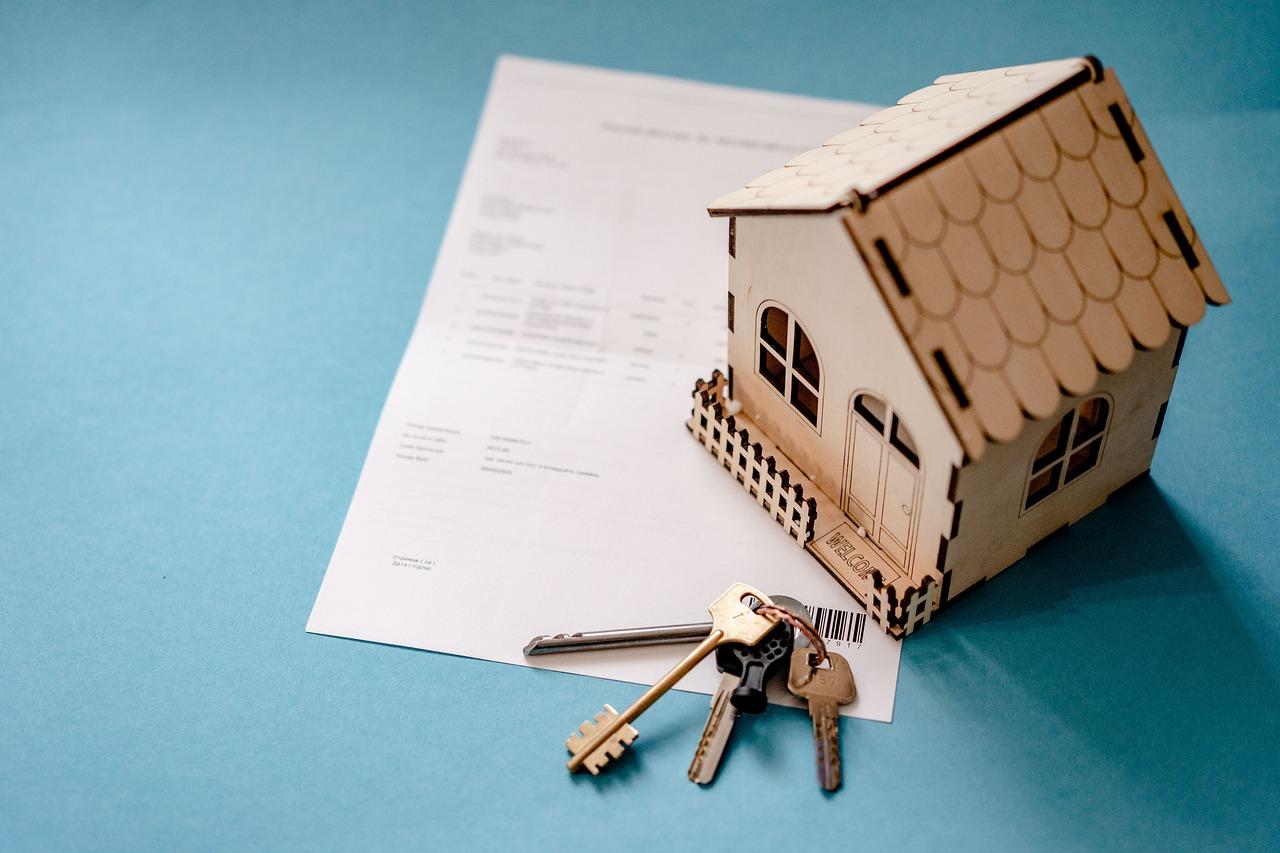
Starting August 31, 2025, property transactions in Karnataka are set to become significantly more expensive. The state government has announced a hike in registration fees from 1% to 2%, doubling the cost for buyers and pushing the overall transaction charges, including stamp duty, to nearly 7.6% of a property’s value.
This move, introduced by the Department of Stamps and Registrations, is aimed at addressing a growing revenue shortfall. However, the decision has stirred debate among industry stakeholders and the public, with concerns that the hike may slow down an already struggling real estate market.
What Has Changed
The government has revised several charges under stamp duty and property registration:
Power of Attorney: Increased from ₹100 to ₹500 (or ₹1,000 if issued jointly by 5–10 persons).
Property partition deeds in urban areas: Raised from ₹1,000 to ₹5,000 per share.
Agricultural asset division: Fixed at ₹1,000 per share.
Certified copies: Increased from ₹5 to ₹20.
These changes come on top of the registration fee hike, making property transactions more expensive across categories.
Industry Concerns
Real estate developers believe that increasing fees alone will not resolve Karnataka’s revenue issues. Builders argue that the bigger bottleneck lies in the mandatory e-Khata system, which has slowed approvals and delayed projects. They suggest that streamlining procedures would encourage more transactions and generate sustainable revenue rather than burdening buyers.
Some experts also view the hike as a short-term fix. They argue that without improving efficiency in the registration system, revenue collection may not see meaningful long-term gains.
Public Sentiment
On social media platforms like X, citizens have expressed mixed views. While some see the hike as part of broader government policies that push up property costs, others highlight the growing burden on tenants and buyers in cities like Bengaluru, where rents, deposits, and property prices are already among the highest in India.
How Buyers Can Pay Fees
Karnataka offers both online and offline payment options:
Online Payment: Through the Kaveri Online Services portal or the Stock Holding Corporation of India Limited (SHCIL) website. Users can log in, enter property details, calculate charges, pay via net banking, card, or demand draft, and download receipts for registration.
Offline Payment: At sub-registrar offices or SHCIL branches using demand drafts, cash, or bank-issued challans.
The government also provides an online stamp duty calculator on the Kaveri portal to help buyers estimate their expenses in advance.
Legal and Financial Implications
Paying stamp duty and registration fees is mandatory for validating property transactions. Properties that are not registered carry the risk of ownership disputes and lack legal recognition in court.
On the financial side, buyers can claim tax deductions of up to ₹1,50,000 under Section 80C of the Income Tax Act for stamp duty and registration charges in the year of payment. Some concessions are also available to first-time homebuyers and women buyers under specific schemes, although the new registration fee hike applies uniformly.
What This Means for the Real Estate Market
The increase in fees adds another layer of cost to property transactions in Karnataka. For example, on a property worth ₹50 lakh, buyers will now pay an additional ₹50,000 in registration charges compared to the earlier structure. For higher-value properties, the impact is even more pronounced.
While the government expects the move to boost revenue, industry voices warn it could reduce transaction volumes and discourage investment, particularly at a time when market confidence is already under strain.
Final Word
With registration fees now doubled, buyers and investors in Karnataka will need to budget more carefully for property purchases. Experts advise checking the Kaveri Online Services portal for updated rates and consulting legal professionals before finalizing any transactions.
The coming months will reveal whether the fee hike delivers the intended revenue boost or further slows Karnataka’s real estate market.




